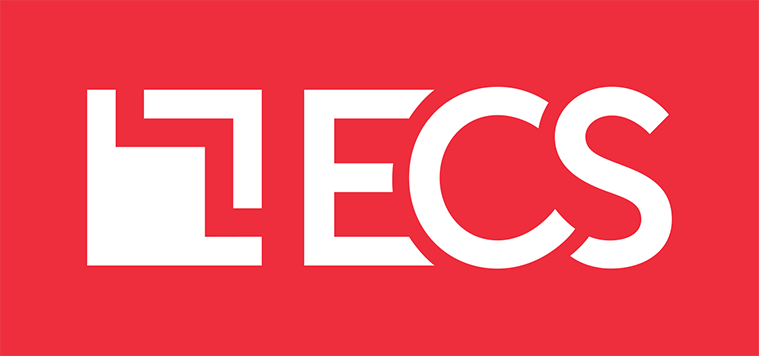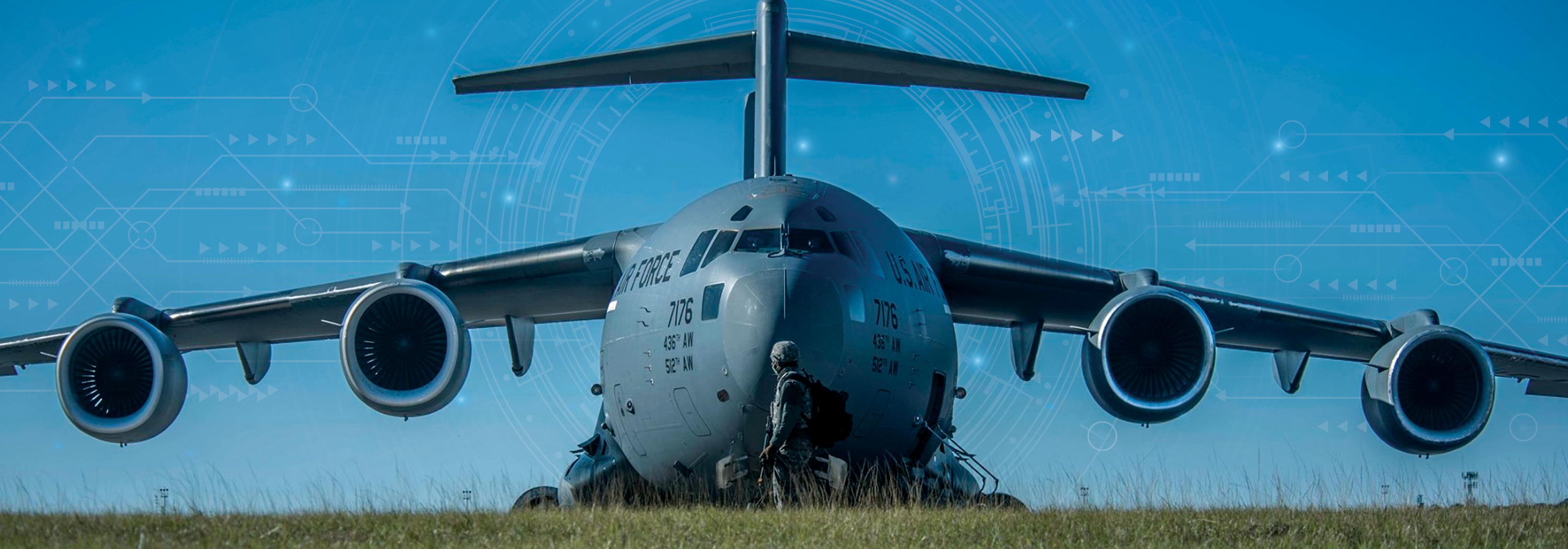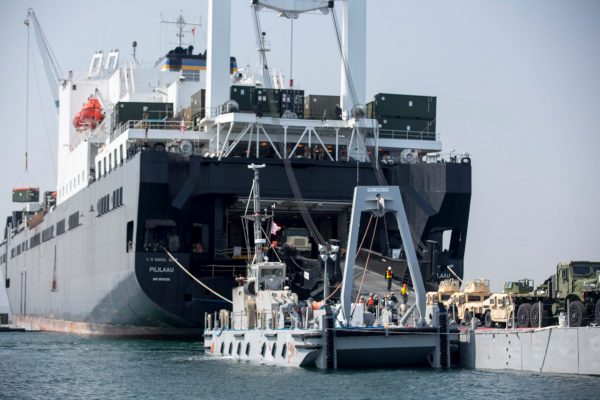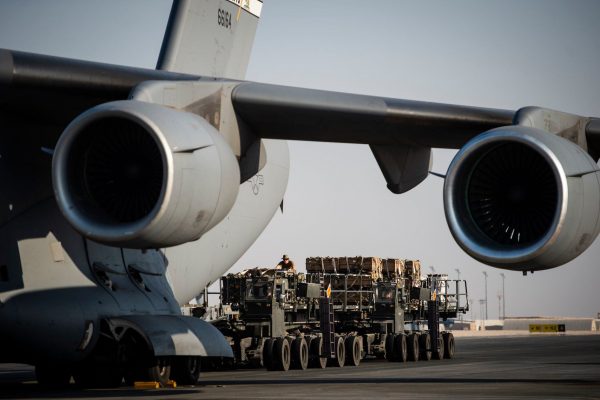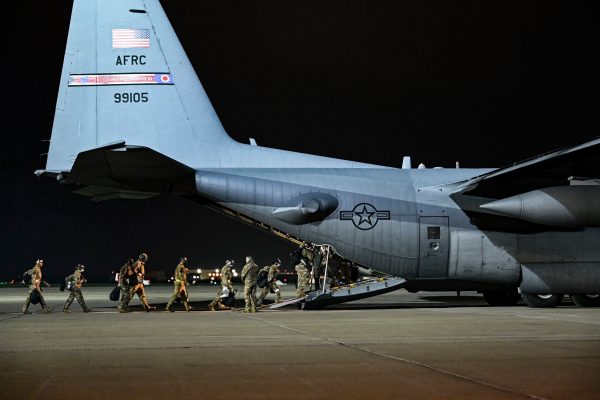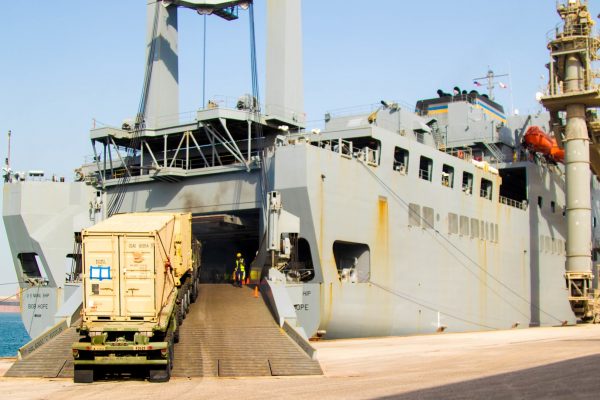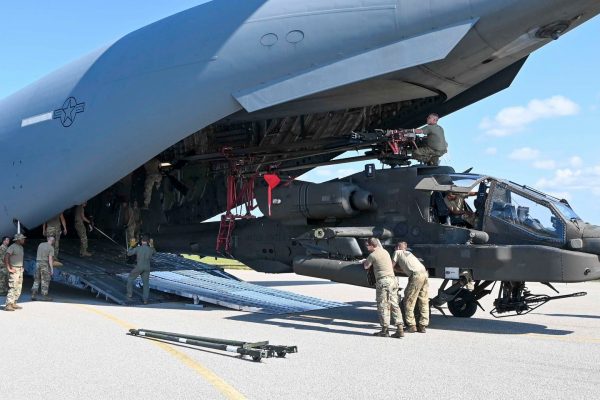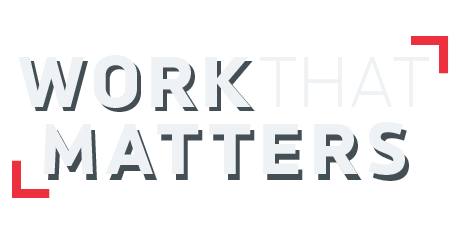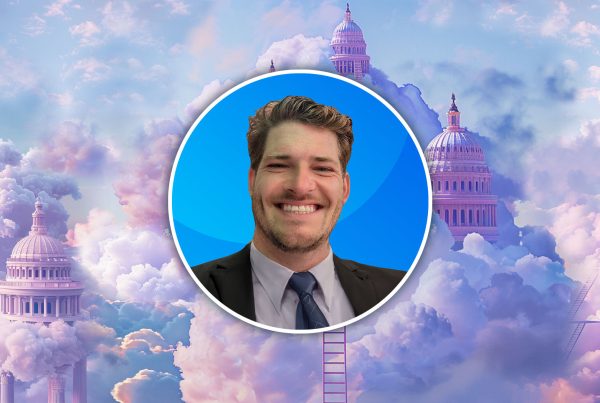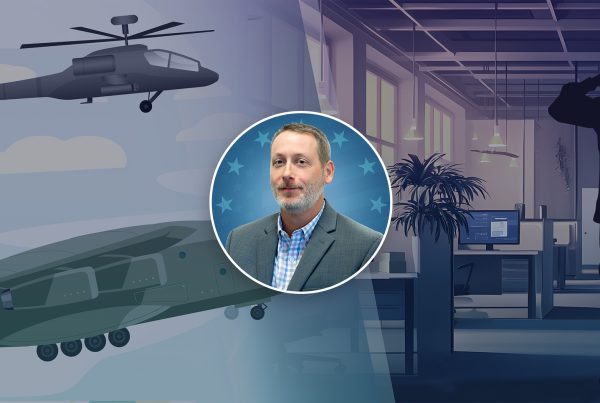“Work That Matters” is a series in which ECS experts discuss their roles and responsibilities and the larger impact they have on the workplace, community, and world. In this installment, we interview Derek Bloodworth, software development manager at ECS. Working with United States Transportation Command (USTRANSCOMM), Derek leads the development of their Global Air Transportation Execution System (GATES).
DEREK BLOODWORTH
SOFTWARE DEVELOPMENT MANAGER
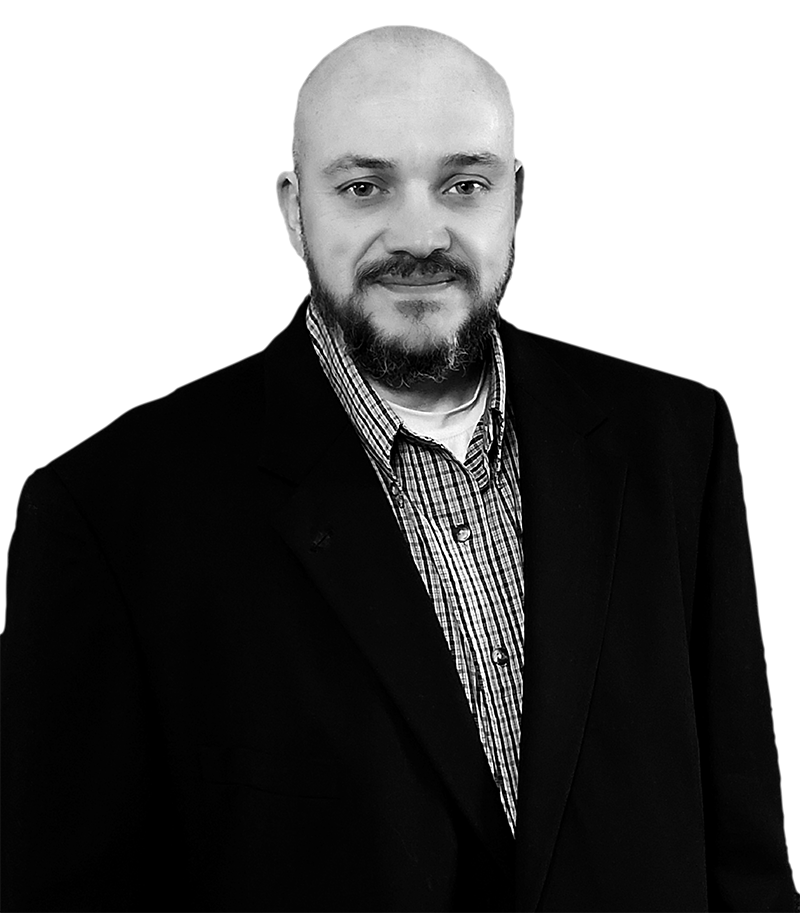
Q: Many people outside the military might not know about the importance of GATES. Would you mind explaining the role GATES plays in our armed forces?
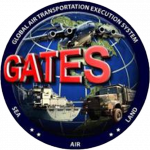 A: Logistics is no easy task for the United States military. With over a million personnel and around one thousand bases worldwide, the military needs to be able to know what’s in port, where the cargo needs to be moved, and how to get it there. That’s where GATES comes in. GATES is the military’s port processing and manifesting system. It tracks and records the global transport of service members, civilians, and countless categories of cargo.
A: Logistics is no easy task for the United States military. With over a million personnel and around one thousand bases worldwide, the military needs to be able to know what’s in port, where the cargo needs to be moved, and how to get it there. That’s where GATES comes in. GATES is the military’s port processing and manifesting system. It tracks and records the global transport of service members, civilians, and countless categories of cargo.
Managing GATES is like running a large-scale airline, shipping company, and postal service all at once. We don’t just move machine parts and ammunition. We run flights worldwide for active duty and retired government and military personnel. We handle the mail. We manage fleets of ships and track cargo across a global network of ports. It’s a massive undertaking! Few of the younger generation remember this, but History Channel’s Modern Marvels dedicated a whole episode to GATES. That’s how important and influential the project is.
Q: You’ve worked on GATES for 15 years now. What continues to draw you to the mission?
A: I worked in the private sector for a number of years before coming to GATES. I did application development for a well-known bank, and while the work was interesting, it lacked a sense of purpose. At GATES, I feel like my work matters more. The mission is clear—we enable our armed forces operate at max efficiency—and the importance cannot be understated.
I love the user community: the Airmen, Marines, and Army personnel who use the GATES system. There’s a real connection to the program. After all, the success of GATES enables the success of our military. Beside the sense of purpose, there’s an enthusiasm and teamwork that didn’t exist as much in the private sector. Seeing those attributes in my coworkers and federal partners definitely makes the work easier to do.
Q: Over the course of your career, you’ve been able to witness GATES project evolve considerably. What’s next for GATES under ECS?
A: So much has changed under ECS. Last year, ECS managed the migration of GATES’ on-premises data centers to the cloud. Given the tactical importance of their enterprise applications, you can imagine how large and challenging the task could be. GATES is now the largest Air Mobility Command (AMC) program to exist in the cloud!
ECS also brought Agile to GATES, enabling quicker iterations and faster technological development. The adoption supported USTRANSCOM’s efforts to introduce development, security, and operation (DevSecOps) into design process. Updates and change requests require less delay. Fewer bugs appear in the field. Legacy systems have been modernized and streamlined. Our goal is to enable continuous integration and continuous delivery of applications so GATES can iterate at the speed that technology evolves.
Q: If someone is interested in joining the mission, what advice would you have for them?
A: I’ve never seen a company invest so much in its individual workers. Each developer at ECS is encouraged to improve themselves and their skillsets with a generous training budget and bonus structure for achieving certifications. Most recently, I’ve completed my Amazon Web Services (AWS) solution architect certification, I am a Certified Ethical Hacker (CEH), and I just passed the Certified Network Defense Architect (CNDA) exam. These opportunities have been immense for my career growth and will continue to serve me well into the future.
Even with its growing size, the company is fairly intimate. I’ve had the opportunity to work with ECS leaders like Luis Colon-Castro and Marshall Thames. I’ve also been afforded the opportunity to lead my own teams. Every day I work to support my developers and make sure they have everything they need to continue the mission: helping the Unites States military solve its biggest logistical challenges.
